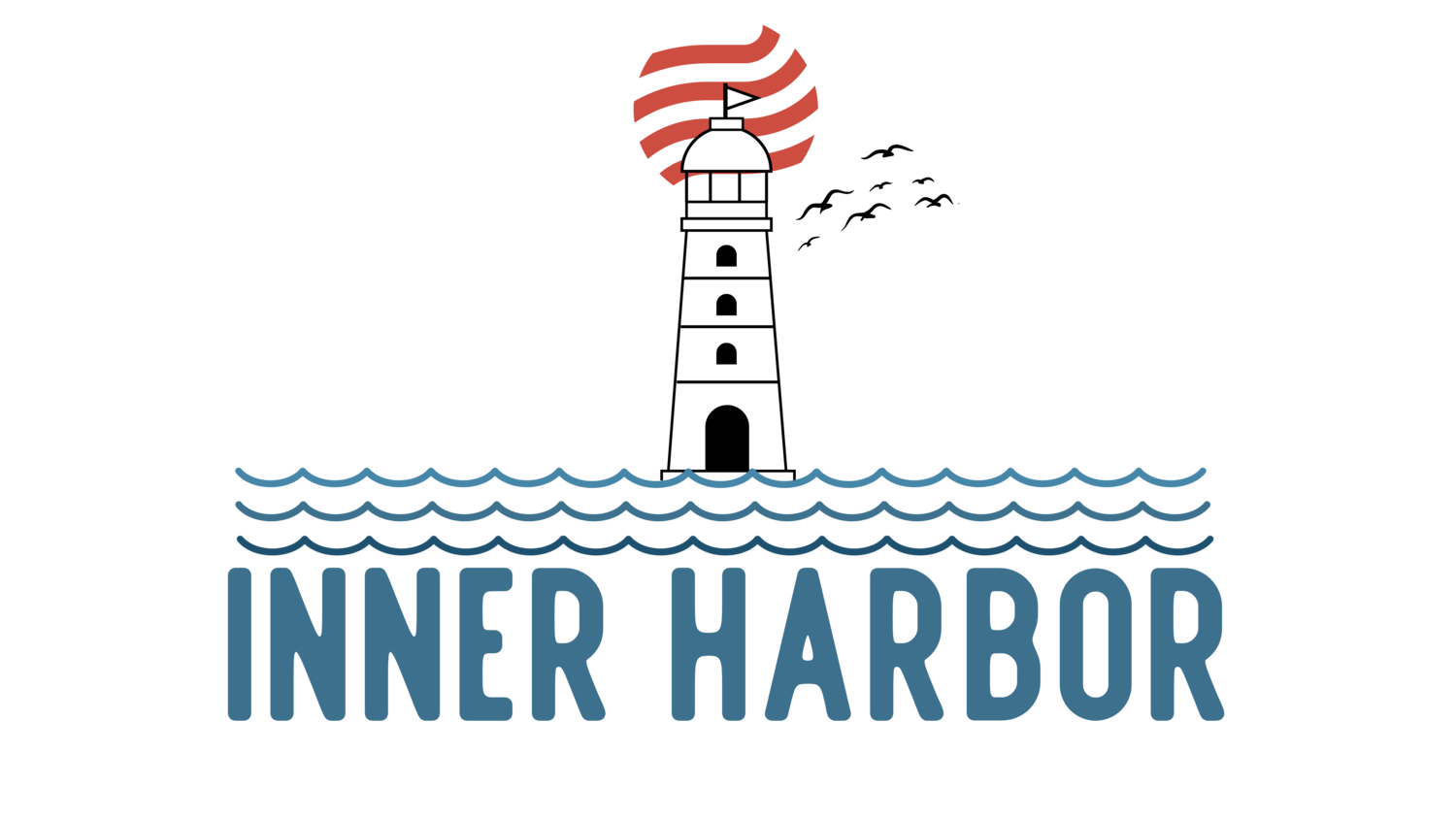Introducing Inner Harbor
Why do you do what you do?
Time and time again, I have heard this question. In fact, for my entire career in bereavement — which spans over 20 years — people have asked me why I would chose to work in a field that most people try to avoid. It is hard enough to talk about death once in a while, let alone on a daily basis.
I believe that this work found me. As a social worker, I had never planned on specializing in grief work. In college and even in graduate school, I never took a class on death and dying. I wanted to work with and advocate for young people, but it never crossed my mind that young people can die. It also never crossed my mind that young people could be significantly affected by death.
I became aware of the bereavement field when I was asked to run an eight-week support group for children who had experienced a loss. The moment I facilitated my first group changed the course of my professional life — I knew this was what I was meant to do and set out to do it: I educated myself on the theories of grief and loss, learned how to support families who were dealing with end of life issues, learned about different kinds of grief related to illness, drugs, suicide, accidents and more. Perhaps, most importantly, I became comfortable talking about death and being present to those who grieve.
But why did this work really find me? The answer became clear to me one year ago today when a friend of my sons’ died by suicide. He was a child who left for his freshman year of college after experiencing significant grief of his own. At school he wasn’t able to find the support he needed and didn't know about the tools he could have used to care for himself.
That tragic day I realized why. The time I spent becoming an expert in the field of grief was to prepare me for this moment and the real work I was meant to do: preventing future grieving young adults from feeling alone, unprepared and unsupported when they need it the most. That day, Inner Harbor was born out of grief, loss and pain, but today — on the one year anniversary of this beautiful young man’s death — Inner Harbor launches as a beacon of hope and support.
Inner Harbor is ready to empower high schools, colleges and universities to best support grieving students. Inner Harbor is ready to educate professionals and lay people about how to best be present for students who have experienced loss. And Inner Harbor is ready to provide direct support and connection for students who are preparing to leave home, or are already in a new environment.
If you, or someone you know, is in need of education, consultation or support, please reach out. Learn more at www.inner-harbor.org. We see you. We can help.
